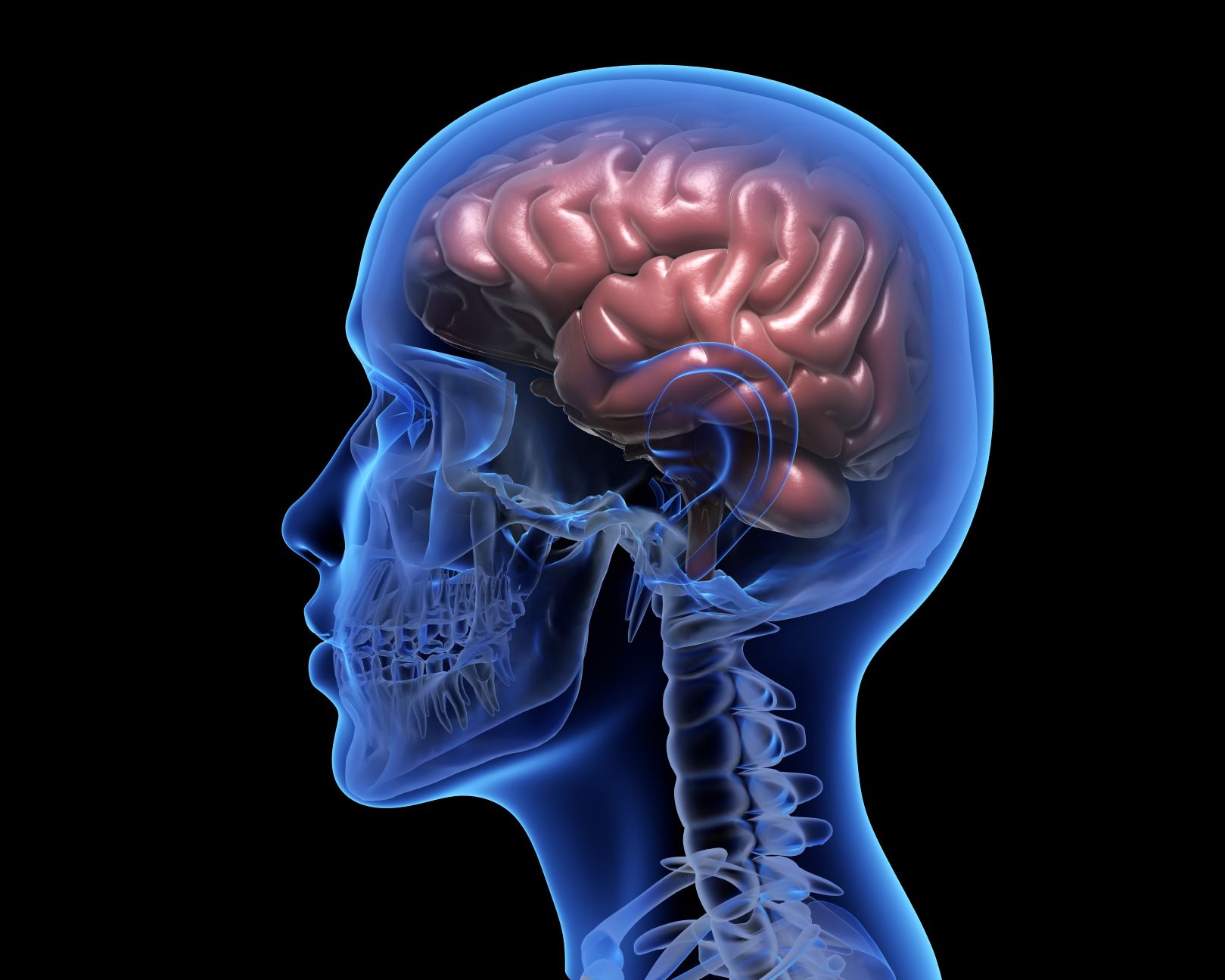7 Ways to Keep Your Brain Healthy
Two of the best ways you can keep your brain healthy are to learn new skills and increase your mental stimulation. Continuing to challenge yourself intellectually creates new connections between brain cells, and challenges your mind creates a protective backup system. Increased intellectual stimulation means that more neural circuits are being used, which makes it harder for neurodegenerative disease to manifest. Learning new things can be enjoyable!
Exercise increases blood flow to the brain
A new study shows that exercising increases blood flow to the brain, particularly to regions related to memory and motor control. The increased blood flow is also evident in the cerebellar vermis, which deals with motor output and sensory input. Blood flow to the vestibular nuclei also increases during vigorous exercise. These findings could help researchers better understand the effects of exercise on the brain. The study is currently limited to a few subjects.
Exercise increases blood flow to brain in rodents. This promotes the growth and development of neurons in the hippocampus. This area is critical for learning and memory. Additionally, rats who had access to running wheels or treadmills had higher blood flow than those who were sedentary. An increase in blood flow is directly proportional with improved performance. This may be due to an increase in adult hippocampal neuralgenesis.

What are the 7 ways to keep your brain healthy
Reduced cognitive decline risk by quitting smoking
Evidence suggests that quitting smoking can reduce the risk of cognitive decline among the elderly. Smoking is associated with a higher risk of dementia in older adults, especially Alzheimer’s disease. It has also been linked to lower cognitive function. More than 4,700 chemicals are found in cigarettes, many of which can be highly toxic. The increased risk for dementia in older adults is further compounded if a person smokes in their later years.
Tobacco smoke contains dozens of class A carcinogens that cause general inflammation and constrict vascular flow. Michael Burke, a researcher at Mayo Clinic’s Nicotine Dependence Centre, claims that quitting smoking can reduce the risk of developing dementia. Quitting smoking is the best way to protect yourself against dementia and to maintain brain health. Experts agree that smoking tobacco can also cause dementia.
Mindfulness meditation promotes mental stimulation
Neuroscience has demonstrated that mindful meditation can alter brain structure and function. Specifically, it can enhance executive function, which is responsible for memory recall, attention, and flexibility of thought. Mindfulness meditation can promote present-moment awareness as well as emotional acceptance. Meditation requires that meditators focus their attention on the target and don’t get upset if it shifts. These changes have a profound impact on our emotional state.
One study examined the effects of mindfulness on pain. In this study, 15 participants who had no experience of mindfulness meditation were subjected to pain through six blocks. Each block required participants to close their eyes and feel the heat. MRI brain scans were used for measuring brain activity. The participants were also asked to rate the intensity and unpleasantness of the pain. The pain sensitivity of the participants was lower than that of the controls.
Exercise increases dendrite growth
Recent studies have shown that exercise enhances dendrite growth in the brain. Exercising rats developed higher dendritic arborization. In addition, they had greater dendritic complexity, as measured by a method called Sholl analysis. In addition, exercised rats had increased cell numbers and facilitated LTP, which are both associated with improved cognition. These changes in the dendrites could be linked to an increased plasticity in the brain, which could be beneficial for improving lifelong functions as well as coping with the harmful effects of exercise.
Exercising increased excitability for lamina X internurons. The exercised mice showed a 50% increase in dendritic development compared to the control mice. These results suggest that exercise may be a key mechanism to promote dendritic development. This study has many important implications for the treatment or prevention of Alzheimer’s and other neurodegenerative disorders. There are many questions that remain unanswered.